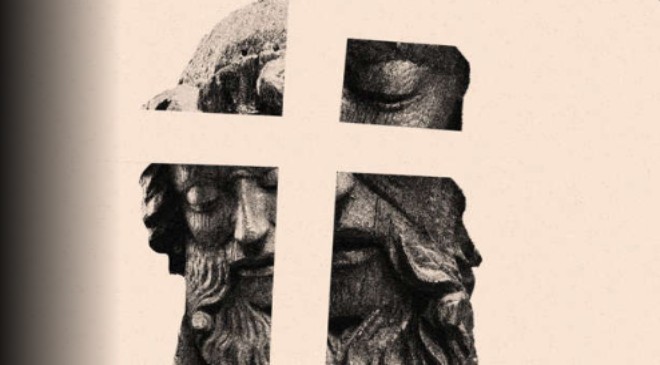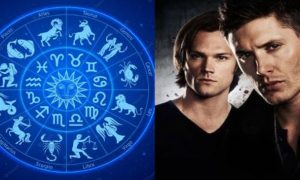One of the things I’ve discovered in my middle years is just how many lives are marked by wounds: terribly painful, life-altering, haunting, and impossible to make sense of. Some of them are visible on the surface; many of them are hidden in shadows. Some are carried alone.
In this Easter season, I’ve been deeply moved by Nicholas Wolterstorff’s Lament for a Son, an expression of his profound grief in the aftermath of his 25-year-old son Eric’s death in a mountain-climbing accident. The book, published in 1987, is anguished and honest; “a cry of grief,” Wolterstorff called it, written “in the hope that it will be of help to some of those who find themselves with us in the company of mourners.” Lament for a Son is fragmentary, Wolterstorff has said, because it reflects the fragmentation of his life at that time. He admits that he couldn’t reassemble the pieces by saying either “God did it” or “There was nothing God could do about it.”
“I have no explanation,” Wolterstorff writes. “I can do nothing else than endure in the face of this deepest and most painful of mysteries. I believe in God the Father Almighty, maker of heaven and earth and resurrecter of Jesus Christ. I also believe that my son’s life was cut off in its prime. I cannot fit these pieces together. I am at a loss. I have read the theodicies produced to justify the ways of God to man. I find them unconvincing.”
Wolterstorff, now 90, is one of the most prominent Christian philosophers of his generation. He has written about metaphysics and justice, art and aesthetics, Thomas Reid and John Locke. But Eric’s death left him at a loss for words. “To the most agonized question I have ever asked I do not know the answer,” he wrote. “I do not know why God would watch him fall. I do not know why God would watch me wounded. I cannot even guess … My wound is an unanswered question. The wounds of all humanity are an unanswered question.”
“Sorrow is no longer the islands but the sea,” is how Wolterstorff described his feelings at the time.
Decades later, he wrote, “My faith endured. But it would become a different kind of faith, a faith that incorporated Eric’s death and my grief. And that would reveal to me a different kind of God, more mysterious. My relationship with my fellow human beings also changed: I felt an emotional affinity, often unspoken, with those whom I knew were also in grief.”
What Christianity has to offer in response to shattering events isn’t a philosophical or formulaic answer. But it does offer a cross, a wounded savior, a “man of sorrows, and acquainted with grief,” in the words of the prophet Isaiah. The God of the Christian faith is not just sympathetic; he is empathetic, which is something deeper still. Jesus was a protagonist in the human drama, hardly immune to anguish. In the Garden of Gethsemane, Jesus said, “My soul is very sorrowful even to death.” We’re told in Luke, “And being in agony, He prayed more earnestly. Then His sweat became like great drops of blood falling down to the ground.” Eli Eli lama sabachthani?—“My God, My God, why hast thou forsaken me?”—is a cry of agonized uncertainty.
John Stott, a monumental figure in 20th-century Christianity, once wrote, “I could never myself believe in God, if it were not for the cross. The only God I believe in is the One Nietzsche ridiculed as ‘God on the cross.’ In the real world of pain, how could one worship a God who was immune to it?”
But that is only part of the story. For Christians, the agony of the cross gives way to the glory of resurrection—and with the resurrection comes redemption, shattered lives that are made whole, and the promise that all things are made new again.
“All their life in this world and all their adventures in Narnia had only been the cover and the title page,” C. S. Lewis wrote in The Last Battle, the final installment in his Chronicles of Narnia. “Now at last they were beginning Chapter One of the Great Story which no one on earth has read: which goes on forever: in which every chapter is better than the one before.”
Nick Wolterstorff’s story, marked by gratitude but also by cries of grief, hasn’t ended. Neither has his son Eric’s. But it still hurts.











































